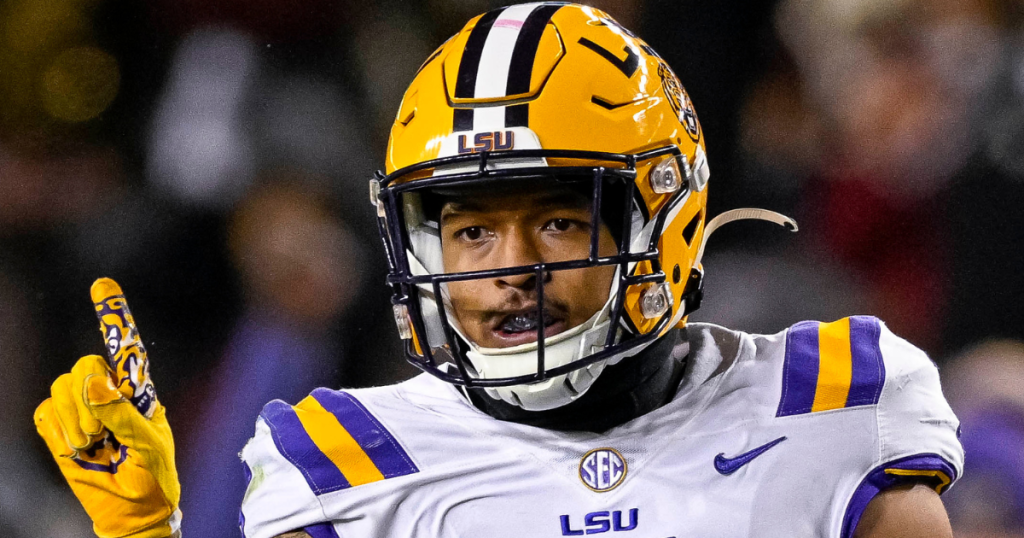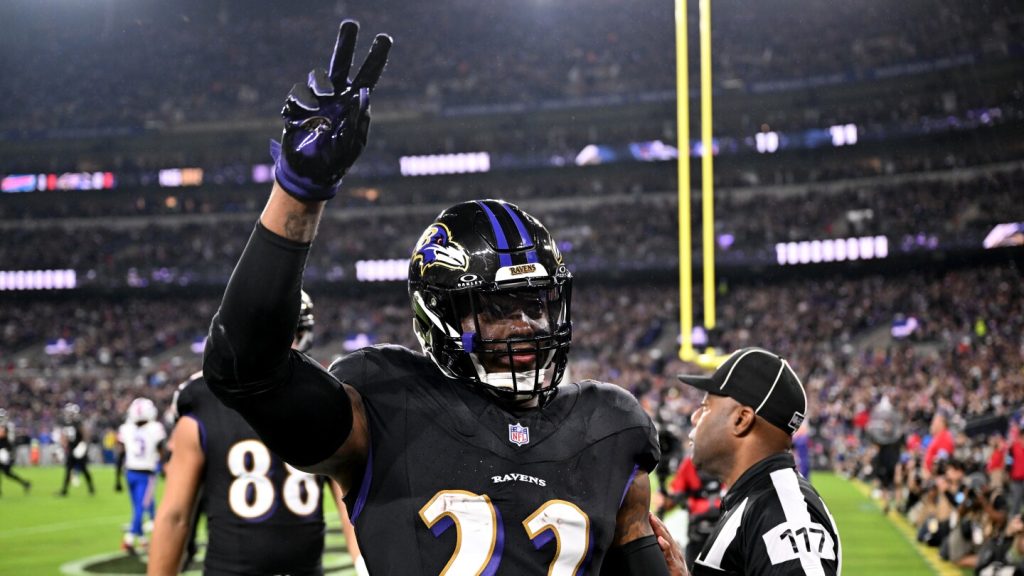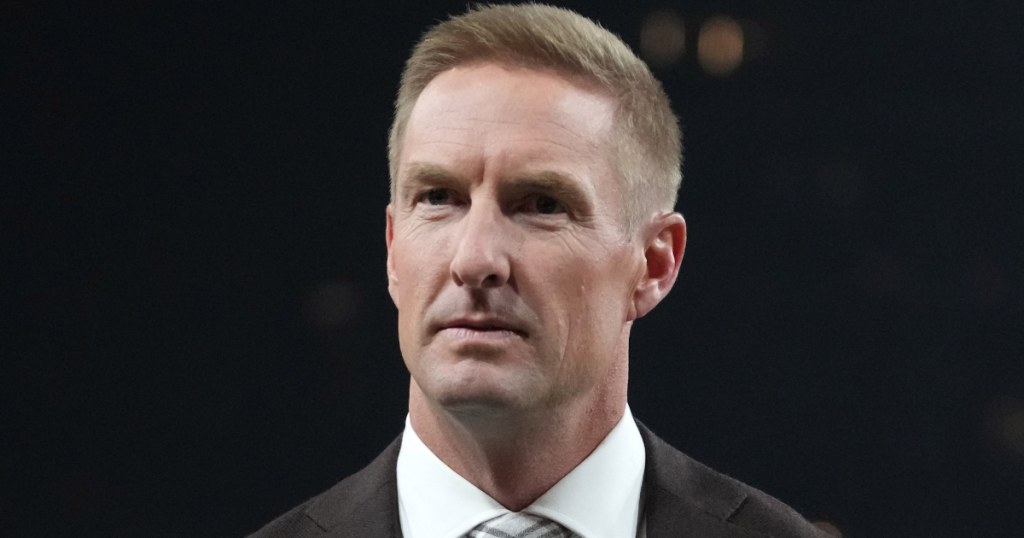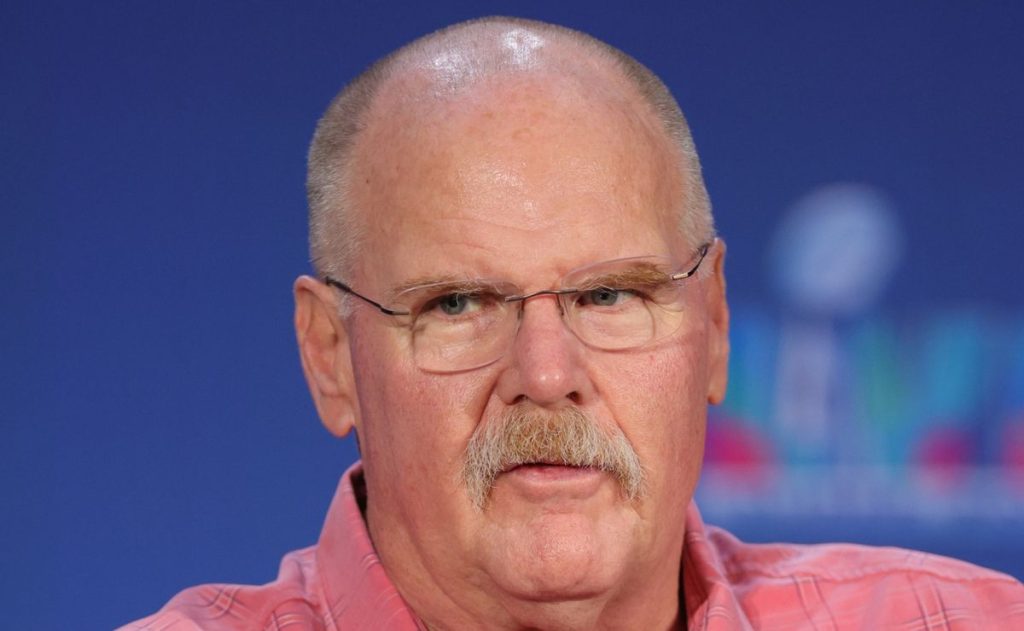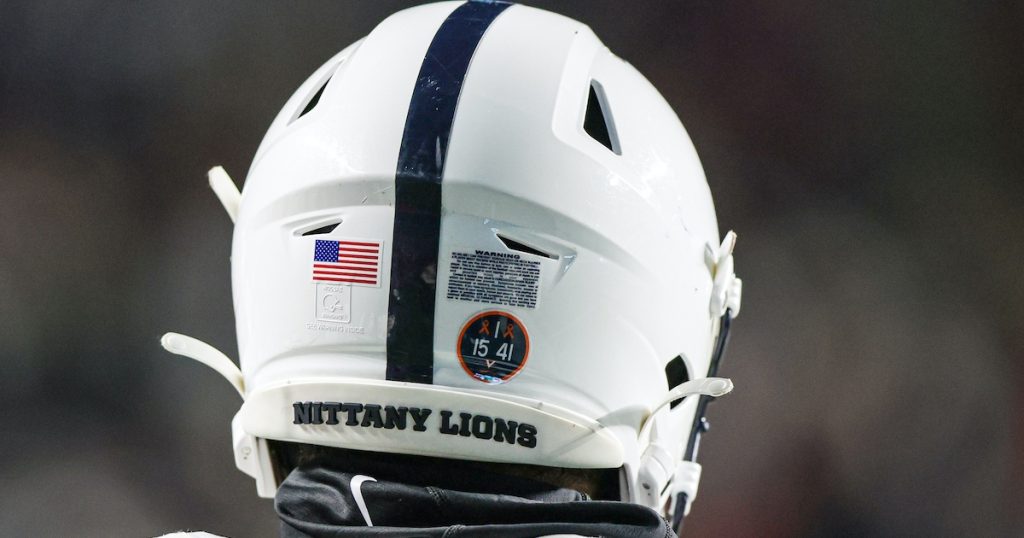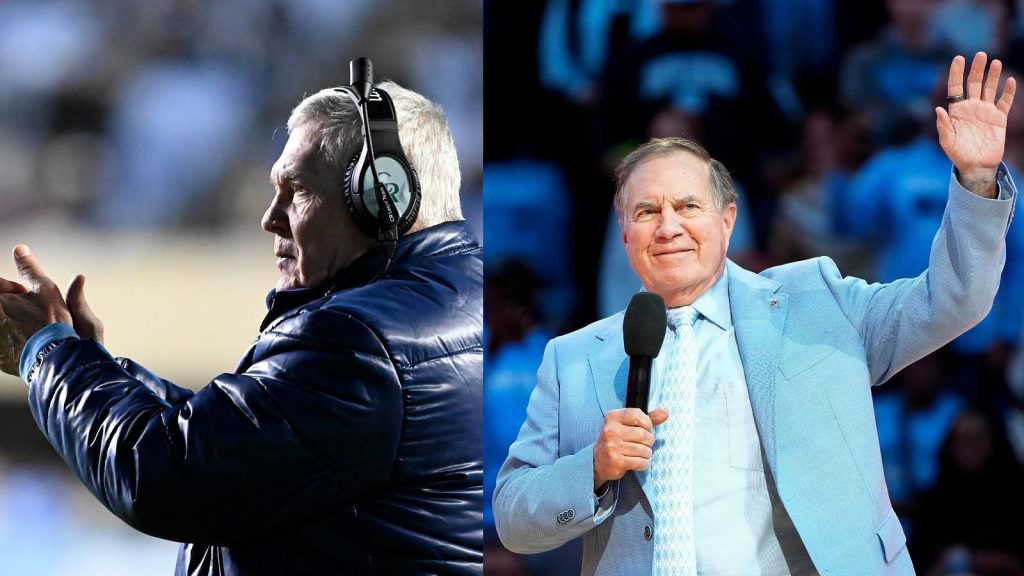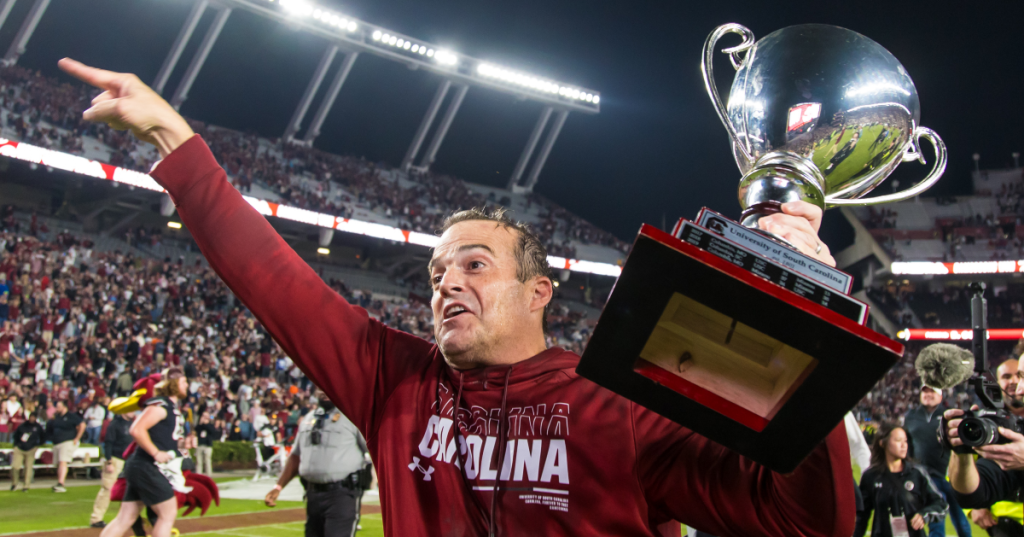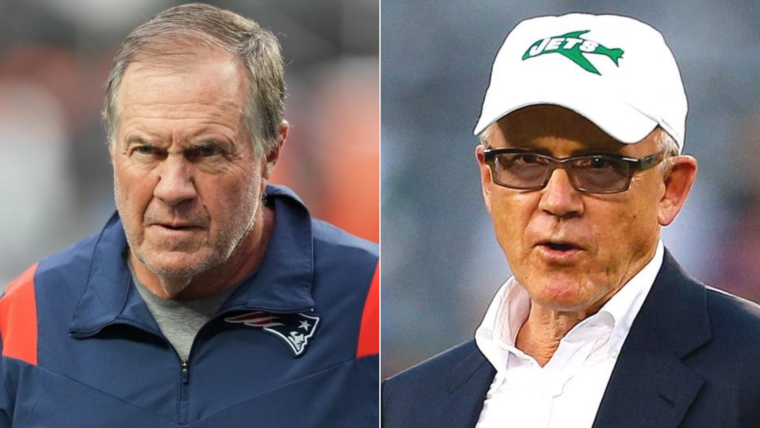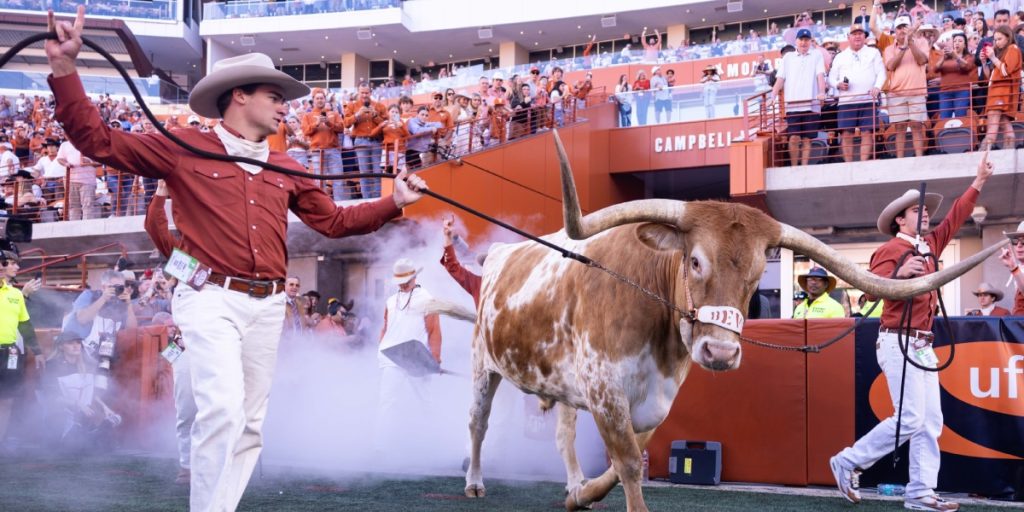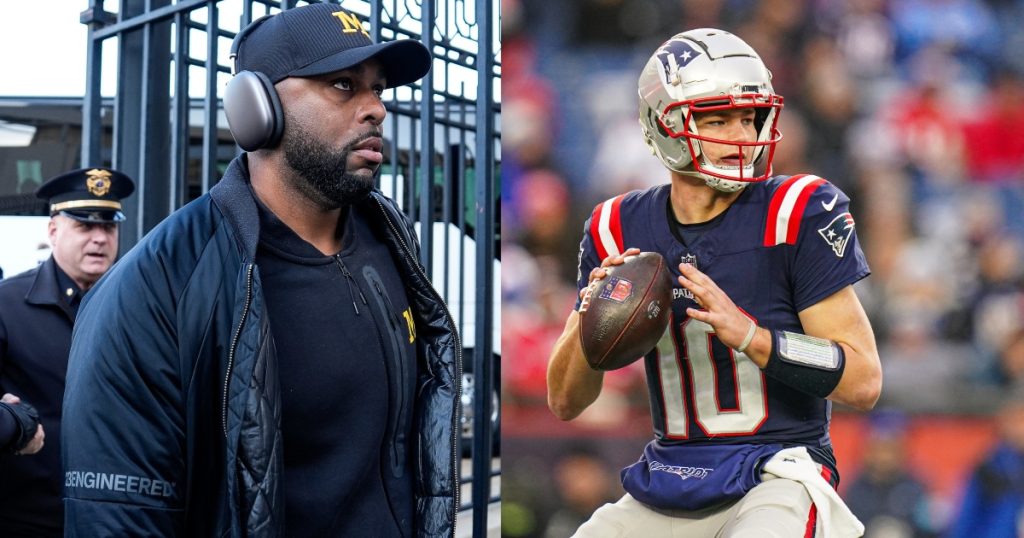In a heartfelt and revealing interview on ‘Good Morning America’, former LSU defensive back Greg Brooks Jr. and his father, Greg Brooks Sr., opened up about their ongoing legal battle with Louisiana State University. Their story is not just one of a young athlete facing a devastating health crisis, but also a poignant reminder of the responsibilities that come with being part of a prestigious football program.
Life-Altering Diagnosis
Brooks Jr. faced a life-threatening situation when he underwent emergency surgery in September 2023 to remove a tumor caused by a rare form of brain cancer known as medulloblastoma. This diagnosis turned his world upside down, leading to complications that resulted in multiple strokes. According to the lawsuit filed in October 2024, Brooks Jr. claims that the handling of his medical care by LSU and their medical center left him ‘permanently disabled’. This has forced him into daily occupational therapy, where he is relearning how to speak, write, and eat.
“I just want athletes in the same spot I was? If something is hurting, tell them. And, if they don’t do anything about it, go get your second opinion,” Brooks Jr. expressed passionately. “If I would have known that, I wouldn’t be the way I am right now.” His determination to advocate for other athletes is commendable and highlights the importance of prioritizing health over the game.
Questioning LSU’s Commitment
The emotional weight of their story was palpable as Brooks Sr. directed a poignant question to Brian Kelly, LSU’s head coach. “My son almost lost his life, coach. Where were you?” he asked, emphasizing the lack of communication from the coaching staff since October 2023. This sentiment resonates with many who believe that the well-being of players should always come first, even before the game itself.
Brooks Sr. recalled the moment he received the call about his son’s emergency surgery. “The one call that I received was, ‘I need you to get here. Your son is having emergency surgery’ tomorrow morning,” he said. “He’s at LSU, one of the best colleges in the United States. Would I have ever thought that his best interests wouldn’t be at heart? No.” This statement reflects the trust that families place in college programs and the shock when that trust is broken.
The Aftermath of a Football Career
Throughout his college career, Brooks Jr. made a significant impact on the field. He appeared in 50 games, starting 45, and recorded impressive stats: 186 tackles, 19 deflections, six interceptions, one pick-six, a sack, and a forced fumble. His journey through college football was marked by hard work and dedication, but the recent events have overshadowed those achievements.
The lawsuit filed by Brooks Jr. is not just about seeking justice; it’s about accountability. Both LSU and Our Lady of the Lake released statements following the lawsuit’s filing, and Coach Kelly also commented on the situation. However, the Brooks family is still searching for answers and support from the program they once trusted.
Advocacy for Future Athletes
With his health struggles, Brooks Jr. is determined to make a difference in the lives of other athletes. He wants to ensure that no one else has to go through what he has experienced. “Whatever card I’m dealt, that’s the card I’m going to play. And I’m going to make sure I win,” he stated with unwavering resolve. His story serves as a powerful reminder of the importance of listening to one’s body and seeking help when needed.
The emotional toll of this experience has been profound. “Honestly, I thought it was fake,” Brooks Jr. admitted. “Like, I was in disbelief… Like a nightmare that I couldn’t wake up from.” This sentiment captures the confusion and fear that can accompany a serious health crisis, especially for a young athlete who has dedicated their life to the sport.
The Broader Implications
As college football continues to grow in popularity, the health and safety of players must remain a priority. The Brooks family’s experience sheds light on the need for better communication and support systems within college programs. It raises critical questions: How can programs ensure the well-being of their athletes? What measures can be taken to improve medical care and communication with players and their families?
Brooks Jr.’s story is not just about one individual; it reflects the experiences of many athletes who may feel overlooked or unsupported in their times of need. By sharing his journey, he hopes to inspire change and encourage others to advocate for their health.
In the world of college football, where the stakes are high and pressure is immense, the stories of athletes like Greg Brooks Jr. remind us that behind the helmets and jerseys are real people facing real challenges. As fans and supporters of the sport, we must remember the human element and advocate for a culture that prioritizes health, safety, and well-being above all else.

